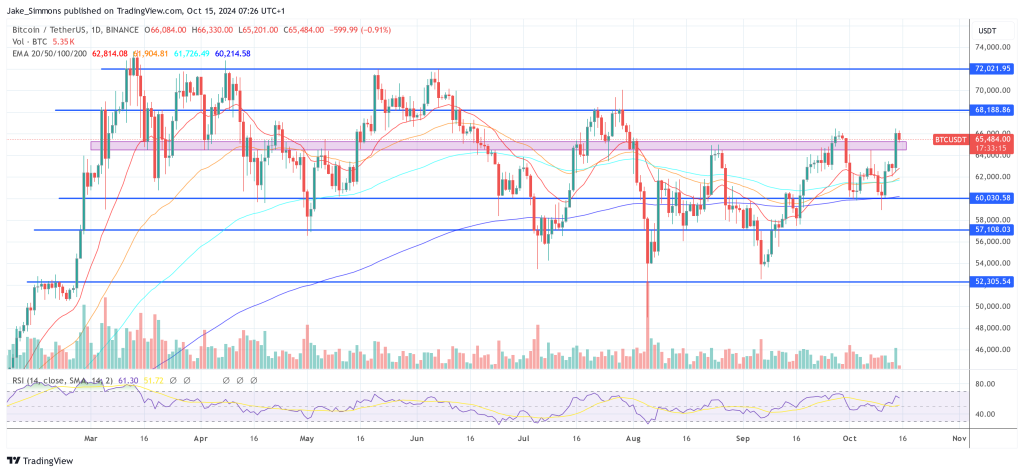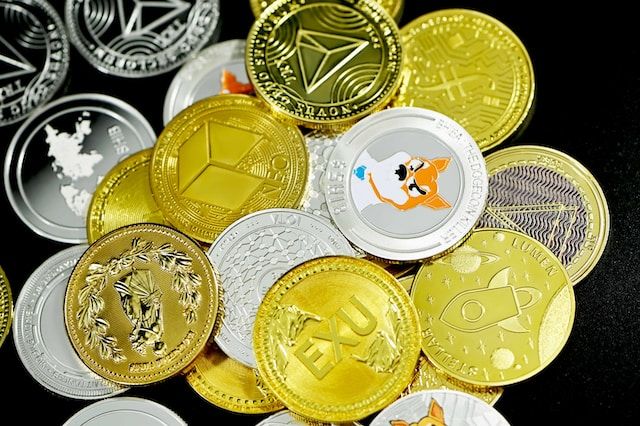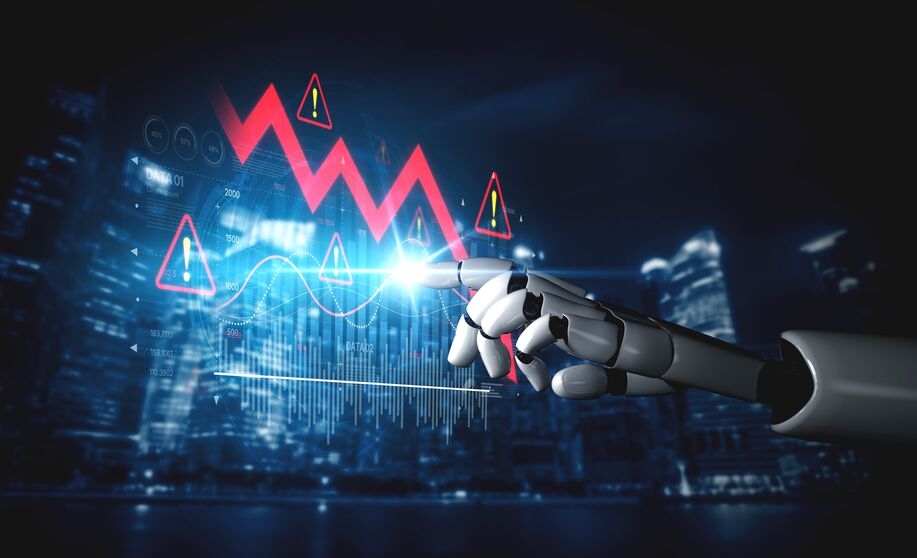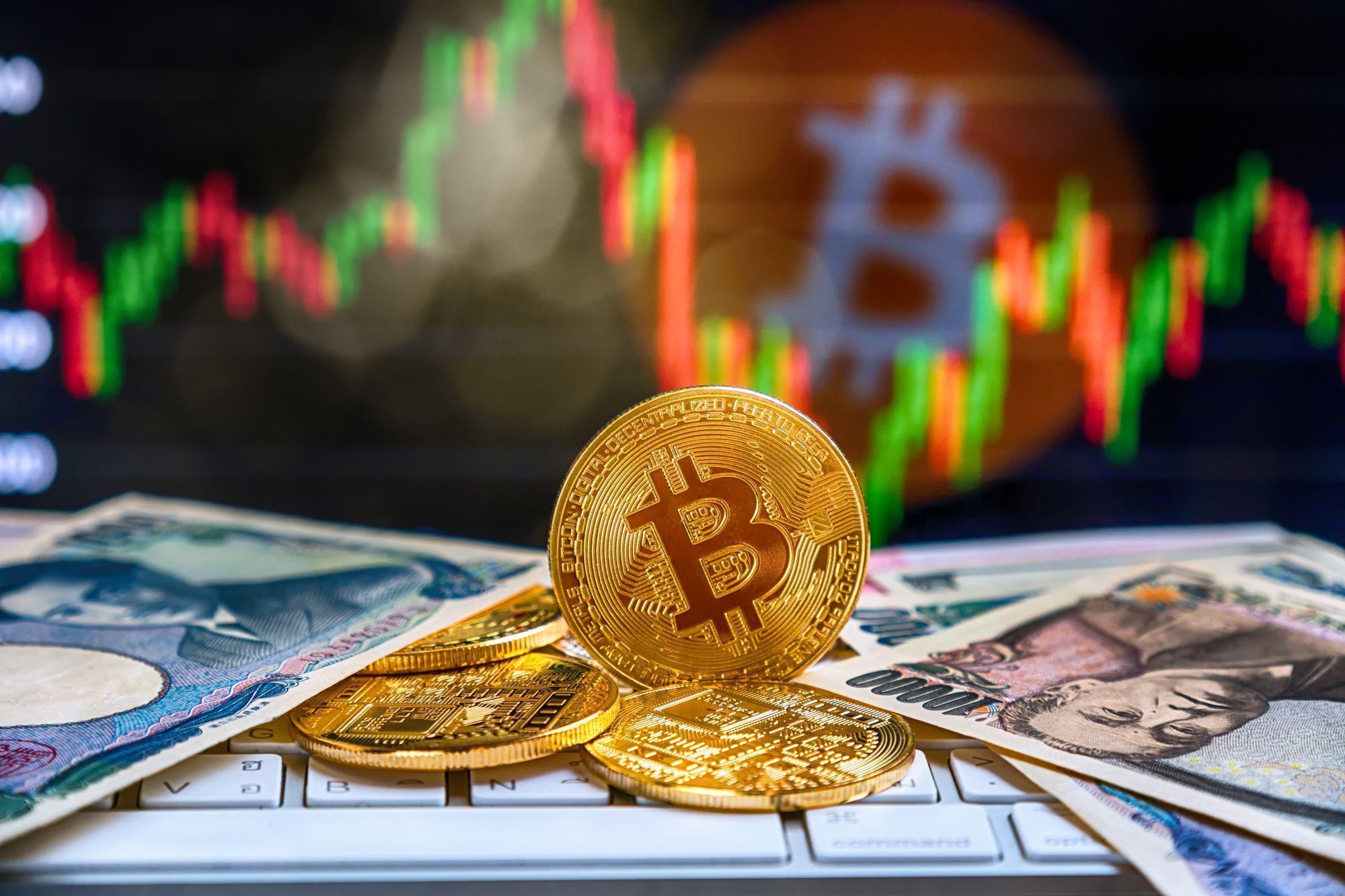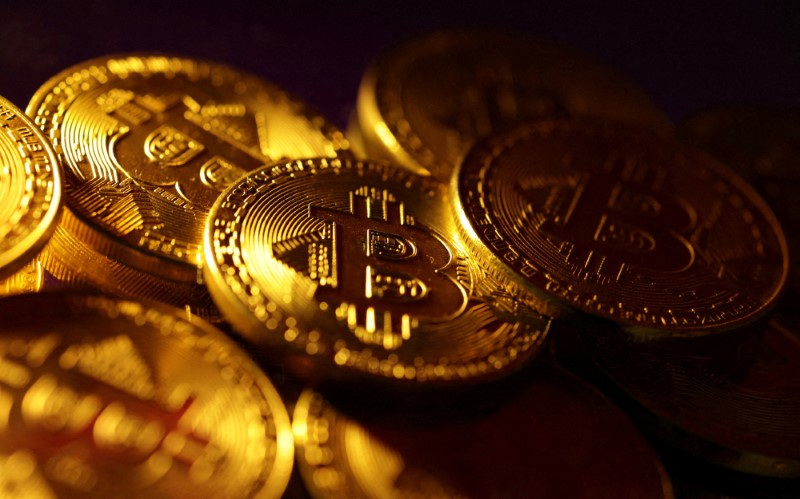BlackRock CEO Fink Unleashes Bitcoin Bombshell In Q3 Earnings Call
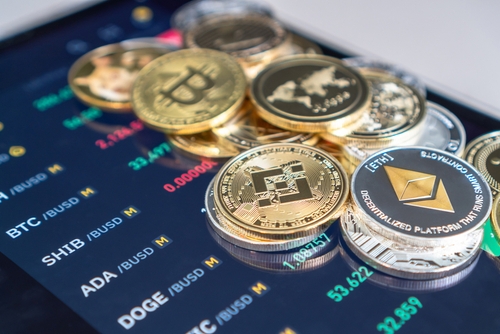
During BlackRock’s third-quarter earnings call, CEO Larry Fink articulated a strong endorsement of Bitcoin and digital assets. Fink’s commentary not only underscored Bitcoin as a standalone asset class but also paralleled its burgeoning significance with historical financial markets like mortgages which are now worth $11 trillion and high-yield bonds.
BlackRock CEO Praises Bitcoin
“We believe Bitcoin is an asset class in itself,” Fink stated unequivocally. “It is an alternative to other commodities like gold.” He also revealed that BlackRock is actively engaging with institutions worldwide regarding digital asset allocation. “Conversations we’re having with institutions worldwide [are] about how they should think about digital assets, what type of asset allocation there should be,” he explained.
Fink emphasized the inevitability of digital assets becoming a global reality: “I do believe the utilization of digital assets is going to become more and more of a reality worldwide.” Drawing parallels to the early days of the mortgage and high-yield markets, Fink suggested that digital assets are on a similar trajectory of growth and acceptance.
“Years ago, when we started the mortgage market, years ago when the high-yield market occurred, [they] started off very slow but built as we built better analytics and data,” he recalled. “Through better analytics and data, more acceptance and a broadening of the market [occurred]. I truly believe we will see a broadening of the market of these digital assets.”
Contrary to the common narrative that regulation is the primary hurdle for digital asset adoption, Fink argued that other factors are more critical. “I truly don’t believe it’s a function of regulation, of more regulation, less regulation,” he asserted. “I think it’s a function of liquidity, transparency, and then through that process, no different than when you […] built better analytics and data.”
Fink also highlighted the transformative potential of blockchain technology and artificial intelligence in expanding digital asset markets. “We believe the technology of these blockchains is going to become very additive,” he said. “Then you will overlay AI, and having better data analytics, the applicability and the broadening of these markets will occur.”
Besides Bitcoin, Fink specifically mentioned Ethereum, noting its capacity for significant growth: “I think the application of this form of investment will be expanded to the role of Ethereum as a blockchain can grow dramatically.”
Addressing the digitization of national currencies, Fink distinguished between digital assets like Bitcoin and central bank digital currencies (CBDCs). “How does each and every country look at their own digital currency? That’s a very different asset than a Bitcoin in itself,” he clarified. “We’re seeing big success in India, in Brazil in the digitization of their own currency for various different reasons.”
When talking about the potential impact of the US presidential election on Bitcoin and the entire crypto market, Fink was dismissive of any significant effect. “I’m not sure if either President or other candidate would make a difference,” he commented, suggesting that other market forces are the primary drivers of adoption.
At press time, BTC traded at $65,600.
